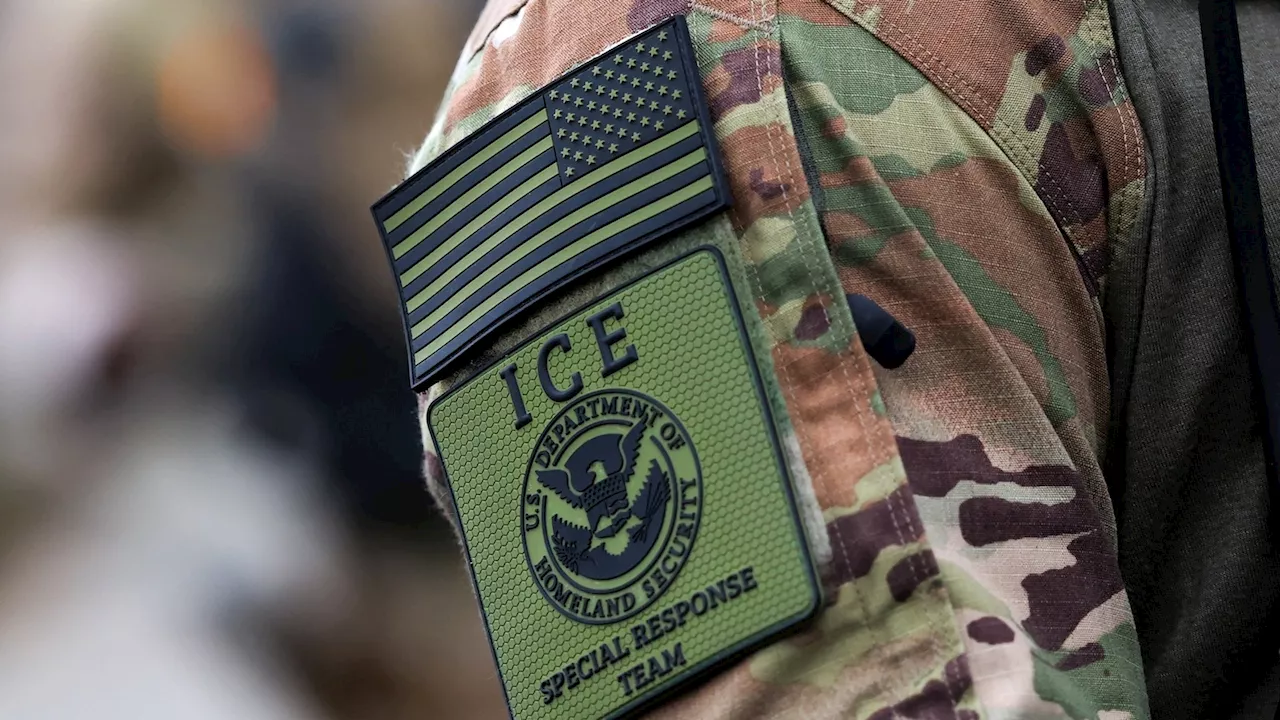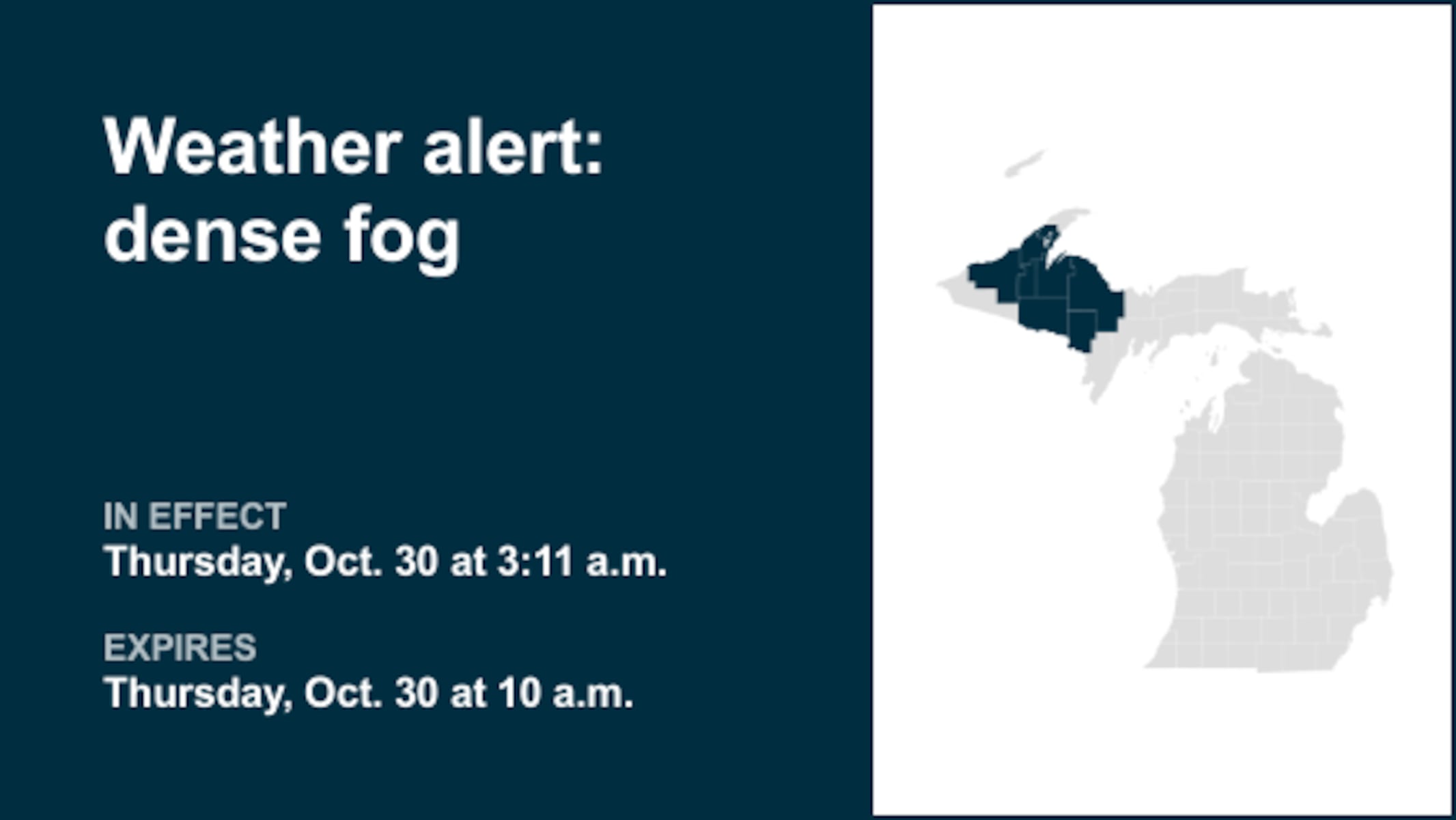UPDATE: The Department of Homeland Security (DHS) has just launched a controversial social media campaign aimed at “defending American culture” against what it describes as an invasion. This message is causing alarm among many Latino communities, who feel increasingly marginalized by the rhetoric employed in the campaign.
The DHS video, shared across various platforms, encourages viewers to join Immigration and Customs Enforcement (ICE), declaring, “under the leadership of President Trump and Secretary Noem, we’ve reclaimed our border, secured our nation, and have begun to deport these foreign invaders.” The campaign’s language and themes resonate deeply with a narrative that many Latinos find troubling and exclusionary.
Social media posts from DHS, which boast nearly 500,000 followers on Instagram, showcase a mix of pop culture references and action-packed depictions of ICE operations. Critics argue that these posts predominantly feature images of White Americans and evoke a nostalgic vision of America that many believe overlooks its multicultural reality.
“When I look at these images, I see predominantly white people in it,” remarks Julio Anta, a son of Cuban and Colombian immigrants. Anta, who carries a picture of his passport for safety, expresses feelings of alienation, stating, “It puts a target on our backs.” He recalls being raised with the belief that America is a land built by immigrants from various backgrounds.
The campaign has drawn sharp responses from Latino voters. While 42 percent voted for Trump in the last presidential election, a significant shift in sentiment is evident. Peter Gonzalez, a 66-year-old retired Coast Guardsman from Tallahassee, Florida, voted for Trump to control illegal immigration, yet he feels conflicted about the campaign’s focus on culture. “Protect your homeland, defend your culture,” he repeats, noting his discomfort with the latter part of the message. “American culture is all cultures.”
The urgency of this campaign and its implications cannot be overstated. With tensions surrounding immigration policy already high, the DHS’s messaging risks exacerbating fears within Latino communities. Many individuals, like Anta, now feel they are not included in the definition of what it means to be American, challenging a longstanding narrative of diversity as a strength.
Despite multiple attempts to engage with DHS officials for clarification on their messaging, Assistant Secretary for Public Affairs Tricia McLaughlin did not respond. This silence continues to fuel uncertainty and anxiety among those who feel targeted by the campaign.
As the situation unfolds, it is crucial to monitor how this rhetoric impacts both public perception and policy moving forward. Latinos across the nation are grappling with the implications of being portrayed as outsiders in their own country, raising questions about national identity and inclusivity in America today.
What happens next? As DHS ramps up its efforts to recruit new agents, the response from Latino communities will likely shape the narrative around immigration policy, culture, and identity in the months ahead. The urgency of this issue makes it a pivotal moment in the ongoing discourse regarding American values and the role of immigrants in society.







